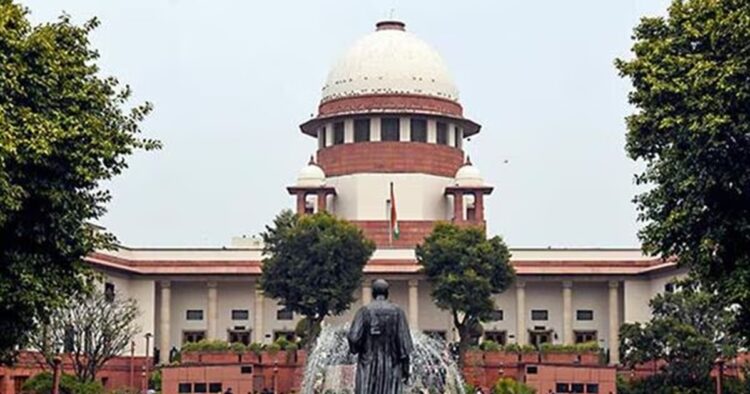In an unanimous decision, the Supreme Court on Thursday stated that the Enforcement Directorate (ED) cannot arrest an accused under Section 19 of the Prevention of Money Laundering Act (PMLA) after a special court has taken cognizance of the complaint of money laundering.
A special bench of Justices Abhay S. Oka and Ujjal Bhuyan stated that when an accused appears before a court in pursuance of a summons, the agency will have to apply to the court concerned to get his custody.
“If the accused appears before the special court by summons (issued by court), it cannot be treated that he is in custody,” it said. “Accused who appeared before the court pursuant to the summons not required to apply for bail, and thus twin conditions of Section 45 of PMLA not applicable,” the bench said in its judgment.
The bench emphasized that appearing before the court in response to a summons does not equate to being in custody. Consequently, an accused does not need to apply for bail under these circumstances, rendering the stringent twin conditions of Section 45 of PMLA inapplicable.
These conditions mandate that for bail to be granted in a money laundering case, the court must first allow the public prosecutor to present their case. The court must be convinced that the accused is not guilty and will not commit a similar offense upon release.
The Supreme Court’s judgment clarifies that the stringent conditions for bail under the PMLA do not apply when the special court has already taken cognisance of the offense.
This ruling addresses the procedural question of whether the accused in a money laundering case must meet the rigorous twin tests for bail even when the special court acknowledges the offense.

















Comments